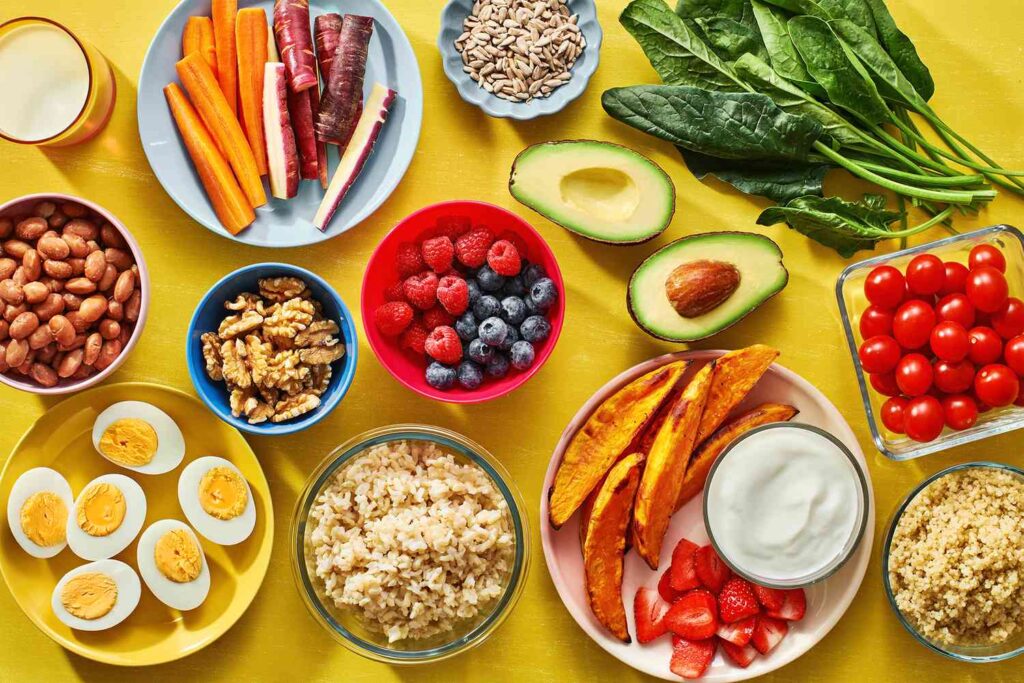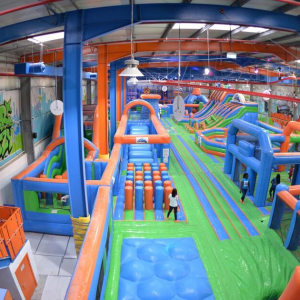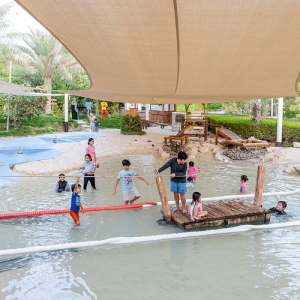Specialists say a more excellent knowledge of the science behind food health is required.
Challenges in Food Literacy
Poor food literacy within the UAE public poses a significant obstacle to promoting healthier dietary habits, as many individuals lack basic nutritional knowledge.

According to a recent University of Sharjah poll involving 1,279 adults over two years, only a third demonstrated an understanding of recommended daily energy intake—approximately 2,000 calories for women and 2,500 for men.
Comparative Insights

Comparatively, a study in the US revealed that 54% of individuals possessed sufficient calorie knowledge to make more informed dietary choices, particularly while dining out.
Despite the introduction of voluntary menu labelling for calorie content in meals across the UAE in 2020, experts note persistent gaps in knowledge regarding making healthier food choices, especially concerning health conditions like obesity, diabetes, and hypertension.
Challenges and Opportunities
The lack of food literacy undermines efforts to combat health issues prevalent in the UAE. While menu labelling has been a step forward, there’s a pressing need for comprehensive education on nutritional values, portion sizes, and healthier meal selections.
Bridging these knowledge gaps is essential to empower individuals to make informed choices, improve dietary habits, and mitigate the impact of various health conditions.
Addressing food literacy gaps within the UAE population necessitates a concerted effort to enhance public awareness and education on nutritional aspects.
Empowering individuals with essential knowledge about their food choices is pivotal in fostering healthier lifestyles and combating prevalent health concerns.












